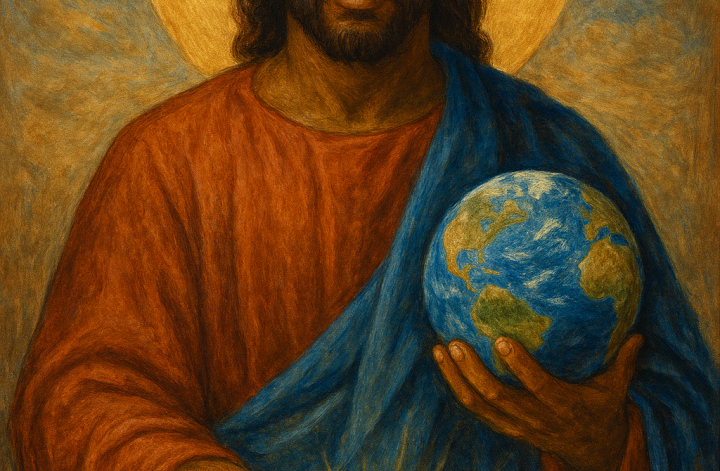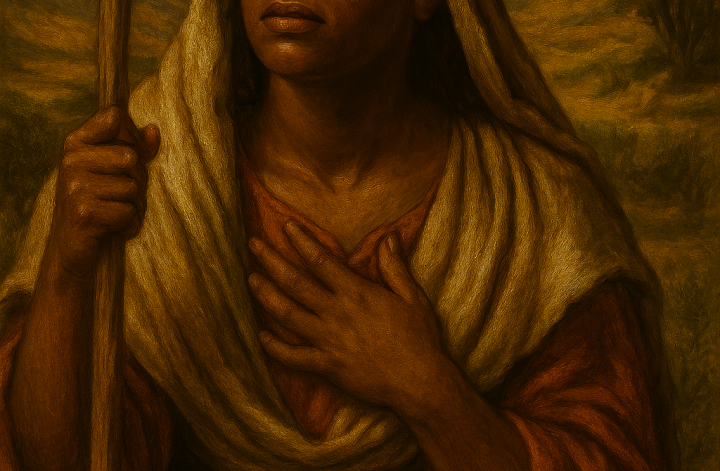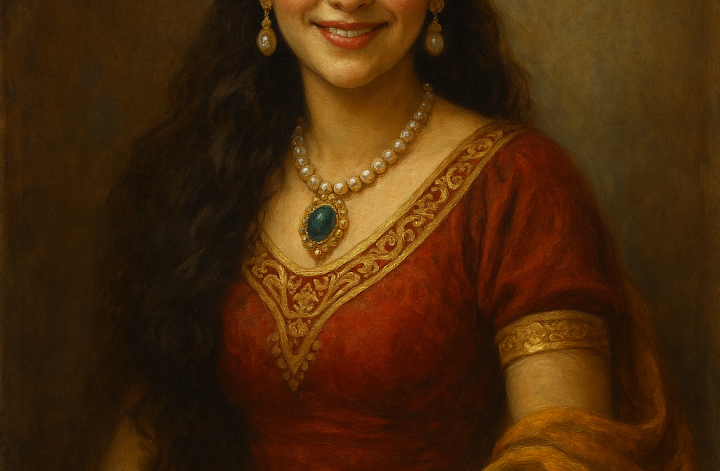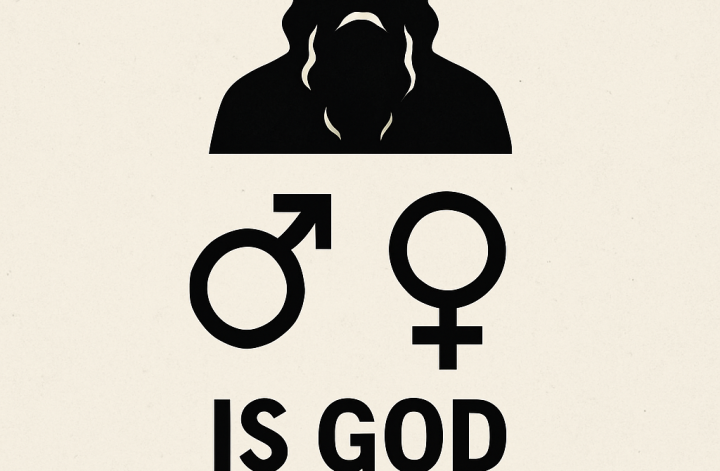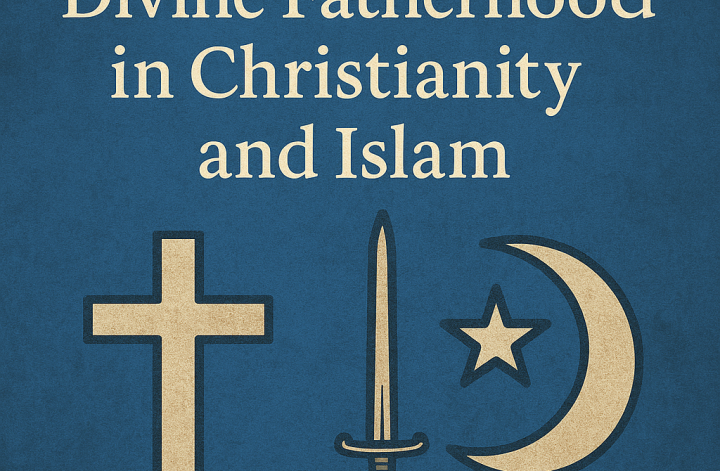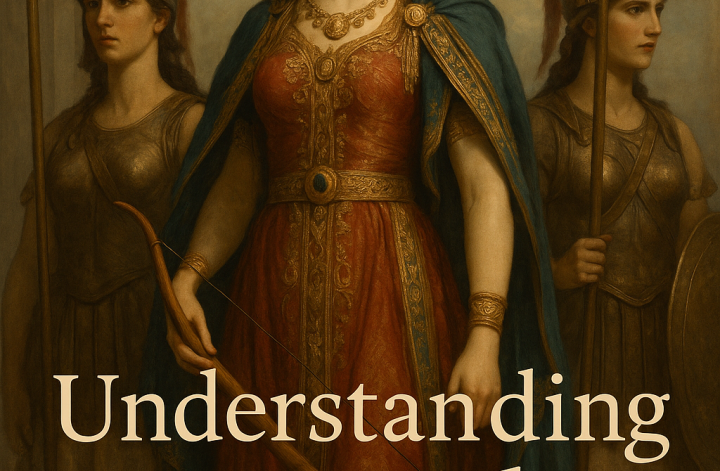Abstract
This entry provides a nuanced examination of 1 Timothy, particularly chapter 2, one of the most contentious texts regarding women in Christian communities. The essay argues that Paul’s instructions to Timothy must be read against the backdrop of the Artemis cult in Ephesus, which had deep cultural, religious, and economic roots in the region and significantly shaped the societal status and expectations of women. Far from enshrining patriarchal norms, Paul’s letter, when read with cultural literacy, reveals a strategy to establish theological clarity and ecclesial stability in a setting deeply influenced by a goddess-centered worldview. Modern readers can better discern Paul’s pastoral intent and theological coherence by understanding Artemis and the Ephesian context.
Earlier in the series, we discussed a unique problem letters pose for understanding. We have looked at letters Paul wrote to the Corinthians and the Ephesians. But the pastoral epistles are different. Whereas the letters to the Corinthians and Ephesians, for instance, were meant to be read aloud to respective church members, the letters to Timothy (and Titus) are personal in a different way because they were addressed to named individuals. Just as it is true for the Corinthian correspondence, we do not know precisely what the problems were because Paul did not spell them out. We also do not comprehensively understand the issues 1 Timothy was written to address. Of course, Timothy and Paul knew what the problems were, but all we have are hints.
Internal Difficulties
1 Timothy 2 is one of the most challenging passages with explicit, seemingly misogynistic words. After all, this is the passage that says women will be saved through childbearing – thereby suggesting that the means or mechanism of salvation differs by gender. Many are Christian women who had too many children because their church traditions taught them that their womb was a highway to heaven. And, of course, considering how dangerous the birthing process still is, many Christian women did lose their lives in childbirth. Many churches treat women differently because of this passage and similar ones today. So, it is a significant passage we will carefully and sensitively address.
To begin with, even a face-value reading of 1 Timothy suggests that more must be going on beneath the surface. Consider the following:
1 Timothy 2:11 NKJV
Let a woman learn in silence with all submission.
Leaving aside the fact that various church traditions have grossly misunderstood the imperative in this verse – focusing on the “silence” instead of the “learn” part – this charge does not square well with what Paul says to the Corinthians:
1 Corinthians 11:5 NRSV
But any woman who prays or prophesies with her head unveiled disgraces her head—it is one and the same thing as having her head shaved.
We have addressed this passage elsewhere. The point here is that Paul takes it for granted that women could pray and prophecy in church settings. This is not surprising because when the Spirit descended on the believers at Pentecost, he did so on both men and women (Acts 1:14, 2:4). Nobody prophecies with her mouth shut. So, the women in the Corinthian church were not silent, and Paul was okay with it. The only relevant problem Paul addressed with the Corinthian church was disorderliness resulting from not taking turns to speak.
Here is another point to consider:
1 Timothy 5:14 NRSV
So I would have younger widows marry, bear children, and manage their households, so as to give the adversary no occasion to revile us.
The first letter to Timothy contains hints implying that the church had a significant problem with single women. In this verse, Paul advises Timothy to encourage young widows to remarry and bear children. This would ensure the church could focus its limited resources on older widows. The problem is that Paul provides the opposite counsel to the Corinthians:

